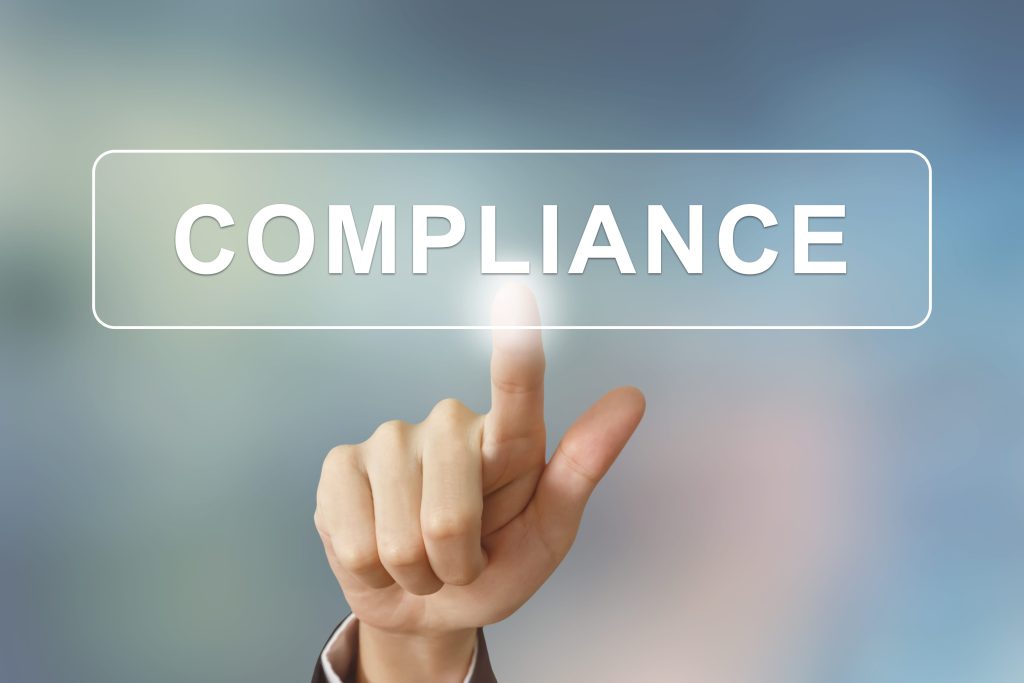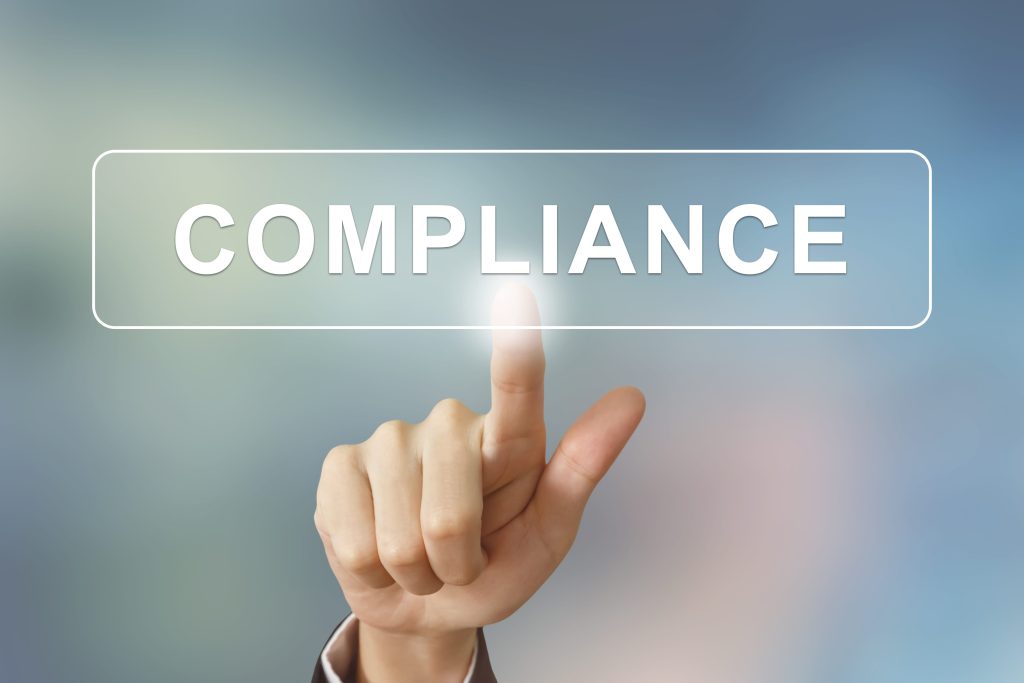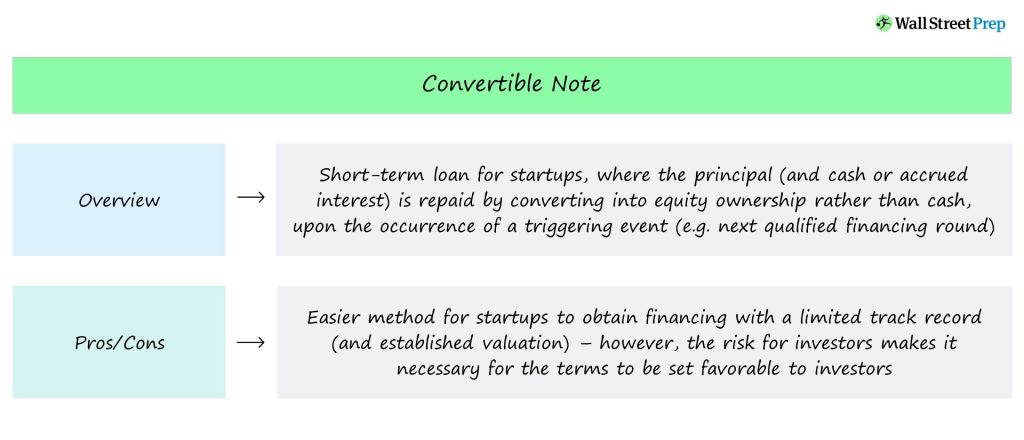
In our last article, we wrote about the Goods exempted from Value Added Tax (VAT), in this article we shall continue on the services exempted from VAT in Nigeria. VAT as earlier defined is a tax levied on the value added to goods and services in the process of production and distribution.
Here are some of the services that are VAT-exempt in Nigeria:
1. EDUCATIONAL SERVICES: Educational services provided by approved institutions, including primary and secondary schools, colleges, and universities, are exempt from VAT. This is to encourage the growth of education in Nigeria and reduce the cost of education for students.
2. HEALTH SERVICES: Health services provided by approved hospitals, clinics, and other health care providers are exempt from VAT. This is to ensure that essential health services are affordable and accessible to all Nigerians.
3. RELIGIOUS SERVICES: Religious services provided by approved religious organizations, including churches and mosques, are exempt from VAT. This is to support the activities of religious organizations and ensure that they can provide essential services to the public.
4. CHARITABLE SERVICES: Charitable services provided by approved non-profit organizations, including those that provide relief to the poor and the vulnerable, are exempt from VAT. This is to support the activities of charitable organizations and ensure that they can continue to provide essential services to the public.
5. EMERGENCY SERVICES: Emergency services, including firefighting and rescue services, are exempt from VAT. This is to ensure that essential services are accessible and affordable to all Nigerians in times of emergency.
6. TRANSPORTATION: Both transportation services and shared transport systems, such as Uber and Bolt, are exempt from VAT. Additionally, public transportation and commercial airlines are also free from VAT. This exemption helps to keep transportation costs low for the general public and makes essential services more accessible and affordable for all.
7. MICROFINANCE AND MORTGAGE SERVICES: Services rendered by unit microfinance banks and mortgage institutions are exempt from VAT. This is to support the growth of these essential financial services and to encourage their development in Nigeria.
8. EXPORTED SERVICES: All exported services are exempt from VAT. This is to encourage the growth of Nigeria’s export industry and to make Nigerian services more competitive in the international market.
9. AGRICULTURAL EQUIPMENT RENTAL AND LEASING: The rental or lease of tractors and other agricultural equipment for agricultural purposes is exempt from VAT. This is to support the growth of Nigeria’s agricultural sector and encourage investment in this industry.
In conclusion, Nigeria’s VAT-exempted services aim to reduce the tax burden on the general public and support essential services. The government recognizes the importance of these services in the daily lives of Nigerians and wants to ensure that they are accessible and affordable to all.
Regville Associates offers end-to-end legal, tax and secretarial service for companies. We assist Companies in becoming and staying regulatory compliant.
Feel free to contact us.
Tolulope Oguntade Regville Associates info@regville.com 08065111667









